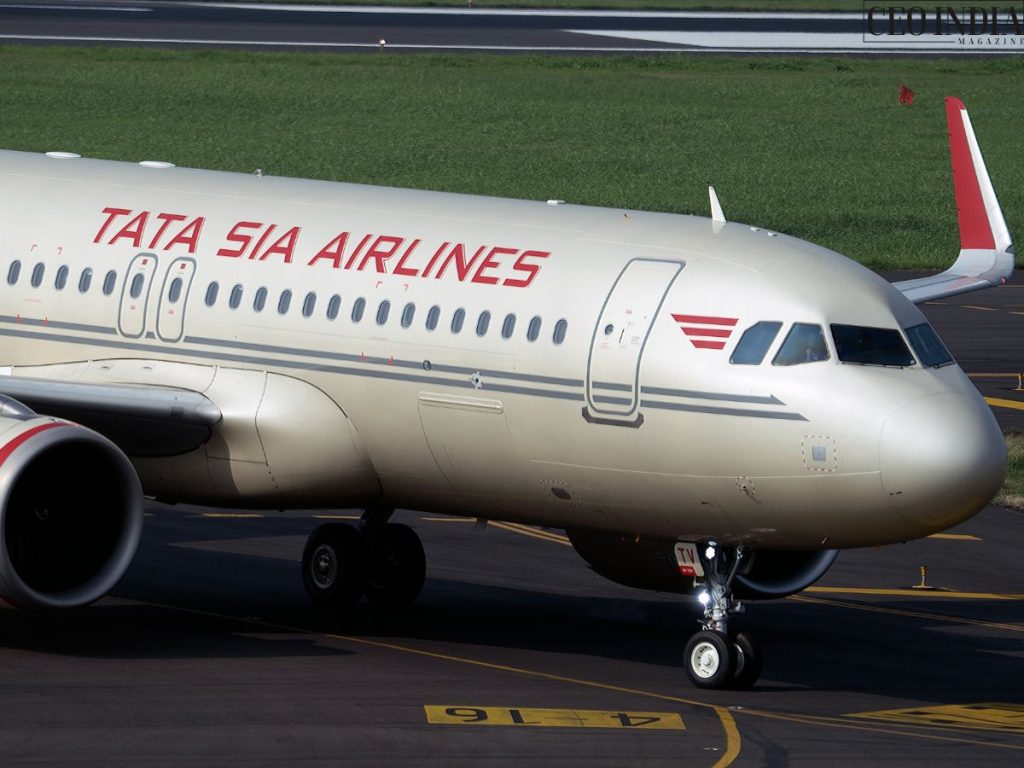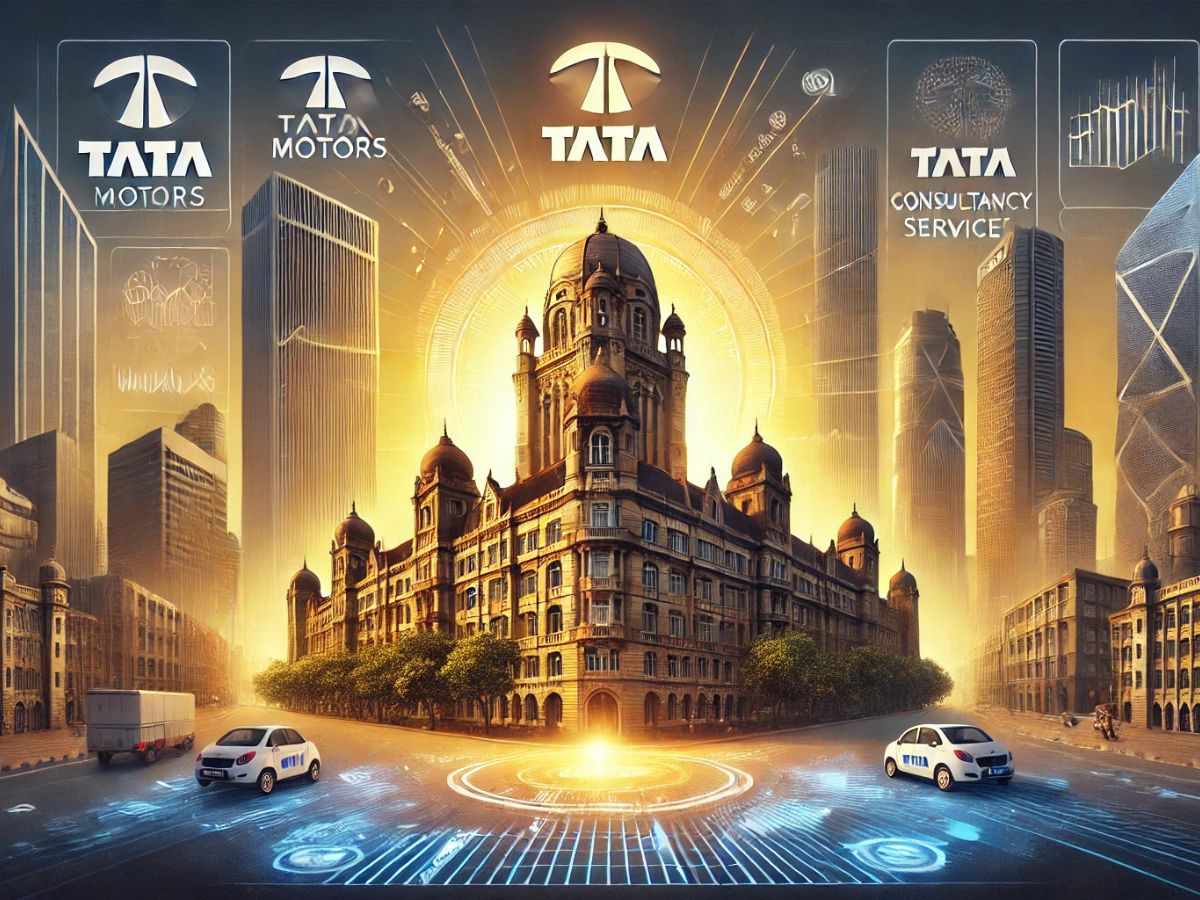The Tata Group, one of India’s largest and most influential conglomerates, is a name synonymous with trust, quality, and business excellence. Established in the 19th century, Tata Group has expanded its footprint across diverse industries, leaving an indelible mark on the global business landscape. This article delves deep into the history, companies, and philosophy that make Tata Group a true pioneer in the corporate world.
History of Tata Group
The journey of the Tata Group began in 1868 when Jamsetji Tata, the visionary founder, laid the foundation of what would become an industrial empire. Born in 1839, Jamsetji was driven by a mission to bring India to the forefront of industrial progress. He focused on four key areas: steel, hydroelectric power, education, and hospitality.
Early Years (1868-1904)
Jamsetji Tata started with a trading company, but his ambitions extended far beyond commerce. His dream of establishing an iron and steel plant came to life decades later with Tata Steel, India’s first integrated steel plant. He also conceptualized institutions like the Indian Institute of Science (IISc) in Bangalore, a premier research institute that remains one of India’s top scientific establishments.
Expansion and Growth (1904-1945)

After Jamsetji’s death in 1904, his son, Dorabji Tata, took the reins and successfully realized his father’s dream by setting up Tata Steel in 1907. This was followed by Tata Power, which played a crucial role in India’s electrification. Under J.R.D. Tata’s leadership, Tata Airlines (now Air India) was launched in 1932, setting the foundation for India’s aviation industry.
Modernization and Global Expansion (1945-Present)
The post-independence period saw rapid diversification under the leadership of J.R.D. Tata, with new ventures in technology, automotive, and chemicals. The group launched Tata Motors in 1945 and Tata Consultancy Services (TCS) in 1968, which went on to become one of the world’s largest IT service providers. The 21st century witnessed landmark acquisitions, such as Tata Steel’s purchase of Corus, Tata Motors’ acquisition of Jaguar Land Rover (JLR), and Tata Tea’s buyout of Tetley.
Major Companies Under Tata Group
The Tata Group operates across multiple industries, with over 100 companies spanning various sectors. Here are some of the most notable ones:
1. Tata Steel
Established in 1907, Tata Steel is one of the largest steel manufacturers in the world. With operations in India, the UK, and the Netherlands, it is known for its sustainability practices and innovation in steel production.
2. Tata Consultancy Services (TCS)
A global leader in IT services and consulting, TCS is the crown jewel of the Tata Group. With operations in over 46 countries, it has a market capitalization that makes it one of the most valuable IT companies globally.
3. Tata Motors

Founded in 1945, Tata Motors revolutionized India’s automobile industry. It manufactures a range of vehicles, including cars, trucks, and electric vehicles. The acquisition of Jaguar Land Rover (JLR) in 2008 cemented its global presence.
4. Tata Power
A key player in India’s power sector, Tata Power is actively investing in renewable energy, including solar and wind power, as part of its commitment to sustainability.
5. Tata Consumer Products
A dominant force in the FMCG sector, Tata Consumer owns brands like Tata Tea, Tata Salt, Tetley, and Himalayan Water. The company continues to expand its footprint in food and beverages.
6. Titan Company
Known for its premium watches, jewelry, and eyewear, Titan is India’s leading lifestyle brand, with popular brands such as Fastrack, Tanishq, and Sonata.
7. Tata Chemicals
Engaged in chemicals, fertilizers, and industrial products, Tata Chemicals is a global leader in manufacturing soda ash and sodium bicarbonate.
8. Tata Communications
One of the pioneers in global digital infrastructure services, Tata Communications plays a crucial role in India’s telecommunications and internet backbone.
9. Indian Hotels Company Limited (IHCL)
The parent company of Taj Hotels, IHCL is synonymous with luxury hospitality and operates several prestigious hotels globally.
10. Air India

Recently reacquired by Tata Group in 2022, Air India is set to reclaim its position as India’s premier airline, leveraging Tata’s excellence in management and service quality.
Philosophy of Tata Group
Tata Group’s philosophy revolves around its commitment to ethics, innovation, and community service. Unlike many conglomerates that prioritize profit maximization, Tata follows a unique approach driven by social responsibility.
1. Commitment to Ethics and Integrity
Tata Group adheres to strict ethical standards. This commitment to integrity has earned it immense respect worldwide. The Tata Code of Conduct ensures that all business decisions align with ethical principles.
2. Innovation and Excellence
From launching India’s first steel plant to pioneering affordable cars like the Tata Nano, the group has consistently pushed the boundaries of innovation. Tata companies invest heavily in research and development to maintain their competitive edge.
3. Sustainability and Environmental Responsibility

Tata Group is a strong advocate of sustainable business practices. Tata Power’s focus on renewable energy and Tata Steel’s green manufacturing initiatives exemplify its commitment to the environment.
4. Community Service and Philanthropy
One of the most distinguishing aspects of Tata Group is its dedication to social causes. Nearly 66% of Tata Sons’ equity is held by charitable trusts, including the Tata Trusts, which support education, healthcare, and rural development. Some notable initiatives include:
- Tata Memorial Hospital – A leading cancer research and treatment center.
- Tata Institute of Social Sciences (TISS) – A prestigious academic institution.
- Tata Scholarship at Cornell University – Supporting Indian students studying abroad.
5. Employee Welfare and Inclusion
Tata Group values its employees and fosters an inclusive workplace. From pioneering maternity benefits in India to promoting LGBTQ+ inclusion, Tata sets benchmarks in employee welfare.
Conclusion
The Tata Group is much more than just a business conglomerate; it is a symbol of India’s industrial prowess, innovation, and ethical business practices. From its humble beginnings in 1868 to becoming a global powerhouse, Tata has stayed true to its founder’s vision of serving society while excelling in business.
With a presence in over 150 countries and a commitment to sustainability, innovation, and philanthropy, Tata Group continues to shape the future of industries while upholding the values that have defined it for over a century.
Frequently Asked Questions (FAQs)
1. Who is the founder of Tata Group?
Jamsetji Tata founded the Tata Group in 1868.
2. What are the major companies under Tata Group?
Some major companies include Tata Steel, TCS, Tata Motors, Tata Power, Titan, Tata Chemicals, and IHCL.
3. How does Tata contribute to society?
Tata contributes through philanthropic trusts, funding education, healthcare, and rural development initiatives.
4. What is Tata’s global presence?
Tata operates in over 150 countries across industries like IT, steel, automotive, and hospitality.
5. What makes Tata Group unique?
Tata Group’s emphasis on ethics, sustainability, and philanthropy makes it a unique and respected corporate entity worldwide.
The legacy of Tata Group is not just about business success but about creating a better world for future generations. Its philosophy of “Leadership with Trust” continues to inspire businesses globally.










Leave a comment